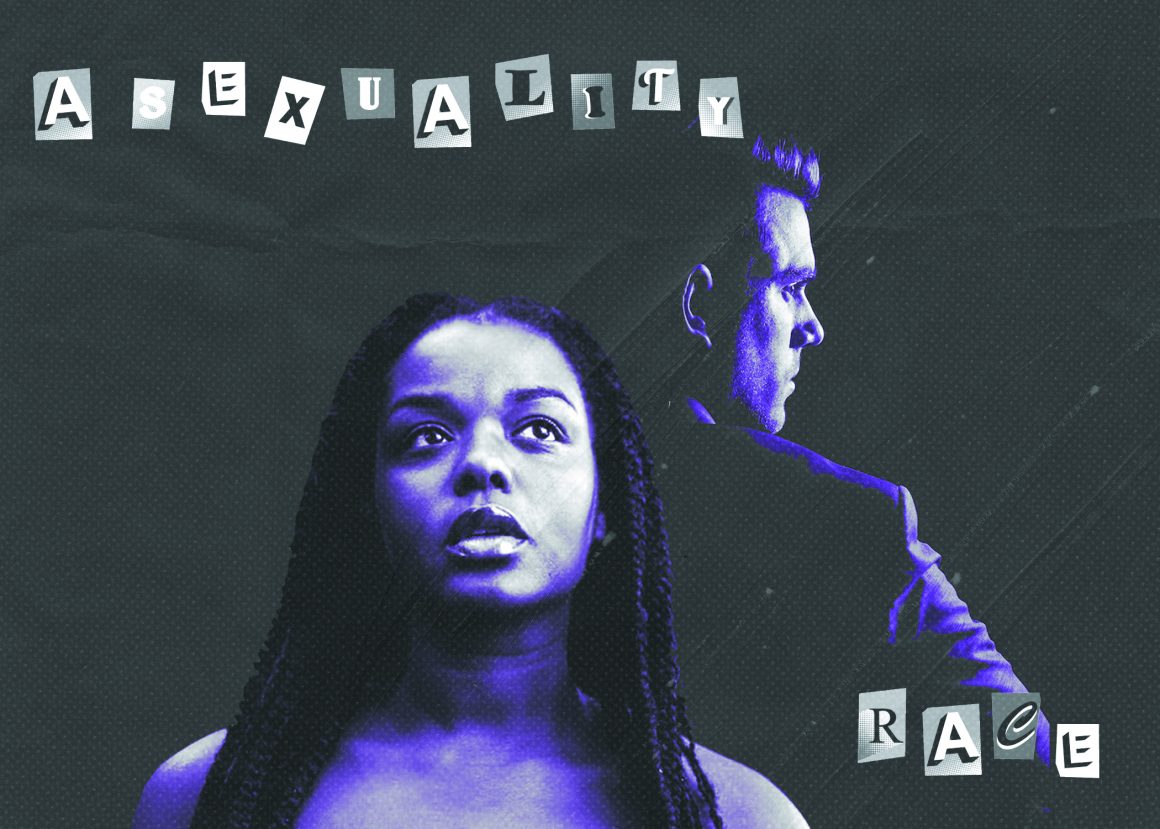
The imposition of sexuality on the Black body
By Sheroog Kubur, August 12 2023—
“Everything is about sex except sex. Sex is about power.”
— Oscar Wilde
Being a Black woman means you’re nonconsensually subject to no shortage of assumptions about your womanhood — you’re the hypersexual fiend always on the hunt for a new sexual partner. You’re a freak without even trying. You’re the type of woman you could never bring home to your mama.
While the world has certainly evolved past the caricature of Black women that was created to assist the dehumanization of the Black body, there are still remnants of the dated concepts that exist. These remnants assist in robbing Black women of their agency when it comes to sexuality, so what happens when sexuality is rejected as a whole?
Black female sexuality has been the product of white supremacy for as long as Blackness has been politicized. On one end of the extreme, the Mammy stereotype served to rob the Black woman of her sexuality by desexualizing her completely — the Black woman cannot be sexual because she is content in her servitude. That is the source of her fulfillment, rendering the need for sexual gratification useless. The Mammy and Black woman is completely asexual. This is a tool also used to undermine the sexual violence that Black women experienced because a white man would not want to engage sexually with a fat Black woman because she is much too maternal and caring.
The opposite end of the extreme, the Jezebel stereotype, was the hypersexual Black woman. She was seductive and needed sexual satisfaction outside of the Black men that surrounded her, so she turned to seducing the white man. She was alluring and the antithesis of the ingenue as portrayed by the white woman. Here, the Black woman’s sexuality is completely a product of her tempting disposition, meaning she exists purely to alleviate the sexual frustrations of the white man.
Despite both stereotypes coming from Black America during the times of slavery, the exoticization of the Black body existed the moment colonizers made contact with Africa, interpreting their bare bodies and traditional practices as lustful. To this day, features common on the Black female body are sexualized — large lips and curvy figures are symbols of sexuality despite being nothing more than a body type. No matter where or how whiteness came into contact with Blackness, one thing was certain — Black sexuality belonged to Black people no longer.
So, what happens when the inherent sexuality attached to Blackness is rejected? Compulsory sexuality is a concept stating that sex is something obligatory to humanity and something everyone desires. While it is not unique to Black women, the way it manifests with Blackness means that sexuality has never been completely owned by Black women. Any form of engaging in sexuality can be interpreted as a product of white supremacist ideals of it, whether abstinence or engagement.
When it comes to Black asexuality, there is a source of liberation both from a queer and racial perspective. The asexuality imposed on the Black woman through the Mammy stereotype is a tool of dehumanization. Asexuality isn’t synonymous with celibacy, it’s defined by a lack of connection with sexuality. With this definition, asexuality is instead a resistance against the imposition of compulsory sexuality. It’s a declaration that, despite what racial stereotypes and sexual liberation may encourage, sex isn’t that important.
Saying that sex isn’t important is quite radical in a world enveloped by compulsory sexuality. To claim that something that is treated as intrinsically human isn’t not only rejects sexuality but the institutions built on sexuality as well. Suddenly things like purity culture and the concept of virginity are rendered null and void. Sexual liberation is a two-way street — if sex isn’t important, there’s power in not engaging with it as much as there is engaging with it.
Blackness and asexuality often don’t overlap simply because racial stereotypes enforce the notion that they can’t overlap. However, in gaining the vocabulary to even understand the relationship between Black sexuality and asexuality, there’s room for dismantling compulsory sexuality as a whole. In a much smaller case, there’s room to realize that Blackness doesn’t exist in a monolith and doesn’t allow the white man to dictate your own sexuality.
This article is a part of our Voices section and does not necessarily reflect the views of the Gauntlet editorial board.
